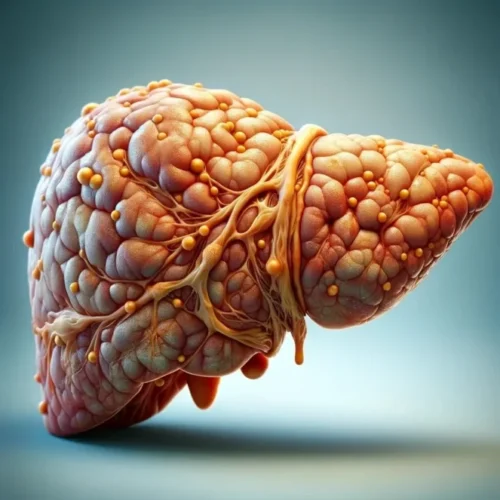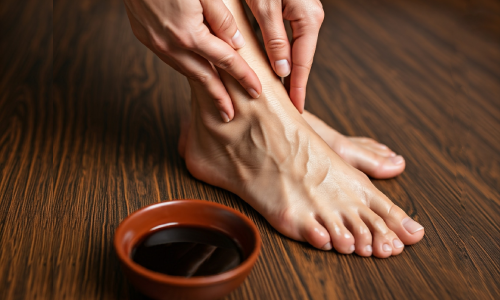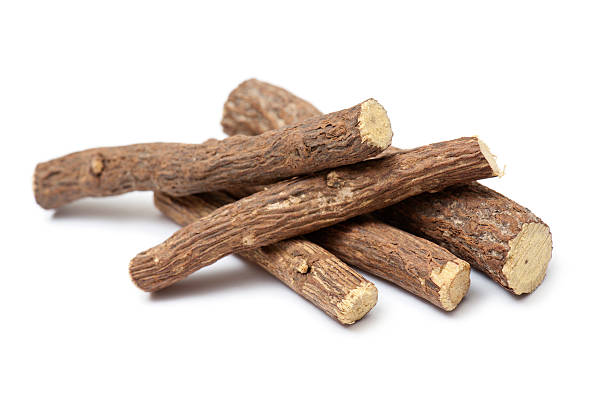Hadjod ( Cissus Quadrangularis) is a powerful Ayurvedic remedy prescribed for improving bone health and healing fractures, among other things. Ayurvedic Benefits of Hadjod for Your Joints Hadjod is an anti-osteoporotic herb known in Ayurveda. It strengthens the skeletal system and is often recommended for individuals suffering from osteoporosis. This herb works by activating osteoblast, which is helpful in bone formation. For all those seeking to increase their bone density, Hadjod is the best Ayurvedic medicine. Hadjod means “bone joiner” and helps in faster fracture recovery. This makes it very effective in repairing broken bones as it boosts collagen production. Hadjod also boosts the tissue regeneration process and ensures optimal blood supply to the affected area thereby helping in quicker healing of bones. This wonder herb controls inflammation and enhances flexibility. Whether you are battling arthritis or suffer from chronic joint pains, Hadjod can be a game changer. Uses of Hadjod in Various Health Issues Osteoporosis It is a condition where bones become weak and are likely to fracture. Hadjod’s high calcium content and ability to stimulate bone growth make it a trusted Ayurvedic remedy for osteoporosis. Regular use of this herb can help prevent the decay of bones. Ligament health Ligament injuries might take months to recover but Hadjod makes this process faster. Its regenerative properties do not only repair ligament damage but also strengthen them ensuring long-term flexibility and strength. Bone health Hadjod is often paired with other Ayurvedic herbs to enhance its benefits. Together, these herbs work to improve bone density, reduce inflammation, and promote overall bone health. Arthritis The anti-inflammatory and analgesic properties of this miracle herb provide fast relief from joint pain. Many Ayurvedic practitioners prescribe Hadjod to treat the symptoms of rheumatoid arthritis and osteoarthritis. Muscle recovery and strength Whether you are an athlete, or engaged in recovery, Hadjod can support muscle recovery. This allows protein synthesis thereby helping muscles repair and grow stronger. This makes it immensely popular among fitness enthusiasts and physically active people. Weight loss You might find it surprising, but Hadjod helps in reducing weight too. Its ability to regulate metabolism and promote fat burning makes it an excellent addition to a weight management routine. It balances the pitta and kapha dosha, both of which can cause weight gain. Digestive health Good digestion is crucial for good health and Hadjod helps in improving digestion. It boosts Agni (digestive fire) and helps the body to absorb the nutrients well. Also, its gentle laxative effects help relieve constipation. Inflammation Inflammation is the root cause of many chronic diseases. As an excellent anti-inflammatory agent, Hadjod reduces swelling and redness in tissues leading to faster healing. Post-surgery recovery Recovering from surgery can be challenging, but Hadjod can ease the process. It accelerates wound healing, reduces inflammation, and strengthens the body’s tissues. This makes it an essential herb in post-surgical care. Hadjod : Do’s and Don’ts Hadjod is a very safe herb if consumed according to the guidance of a qualified Ayurvedic doctor. Only a doctor knows the best combination, dosage, time and duration for prescribing a herb so as to make it work effectively without any side effects. Still, keep in mind the following things about the use of this herb: People with diabetes and high BP can consume this herb unless instructed otherwise. It can be used by new mothers to strengthen their bones. Children above age 5 years can consume this in moderation. Pregnant women must consult their doctors before taking this due to its hot potency. Pitta persons should be watchful while consuming this as it’s hot in nature. However, the Cissus stem fried in ghee balances the heat. Hadjod is a wonderful gift of Ayurveda for bone and joint health. Whether you have just suffered a fracture, your joint pain has become chronic or you simply wish to increase the strength of your bones, this herb is for everyone. But, always remember to consult a qualified Ayurvedic doctor to ensure the best results for your unique health needs. If you are struggling with any health issues, you can either book a consultation with us or send us a message via WhatsApp to +91 79074 89839. We have the best Ayurvedic doctors in Trivandrum who are always glad to help you. If you have any queries, contact us. You can also visit us at our hospital.
Hadjod (Cissus Quadrangularis): Health Benefits









